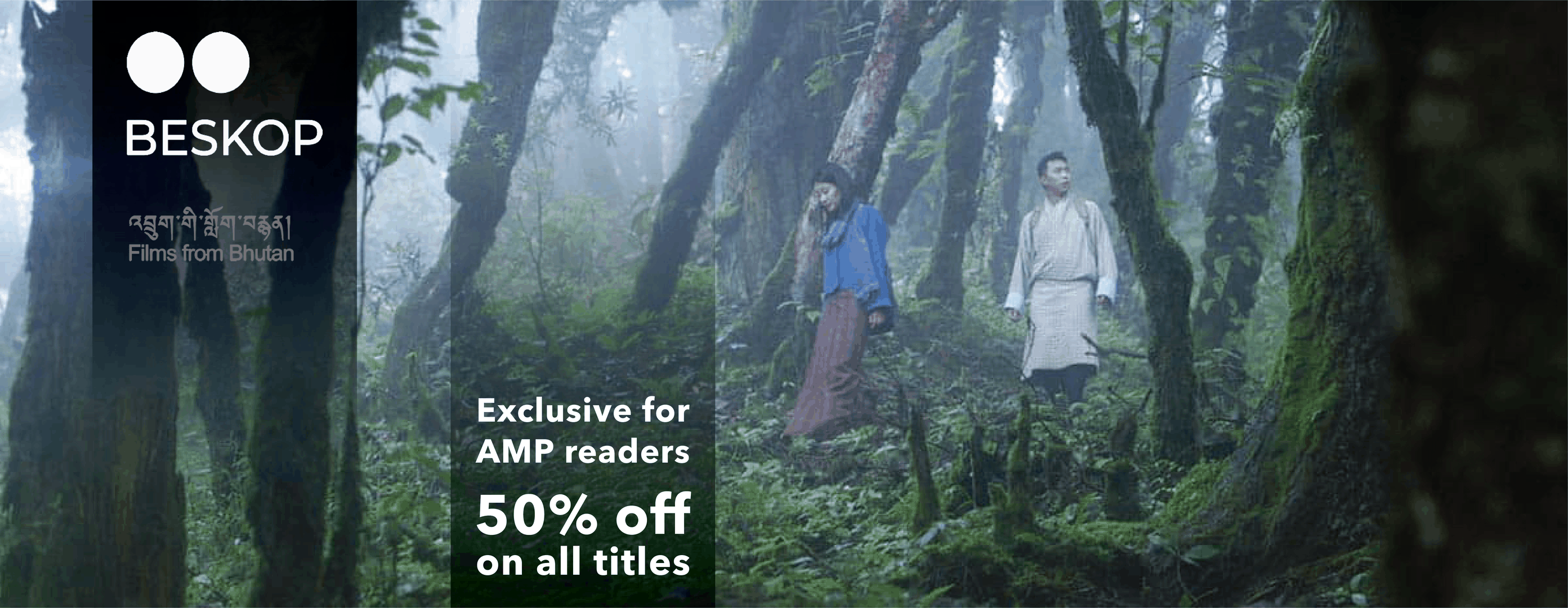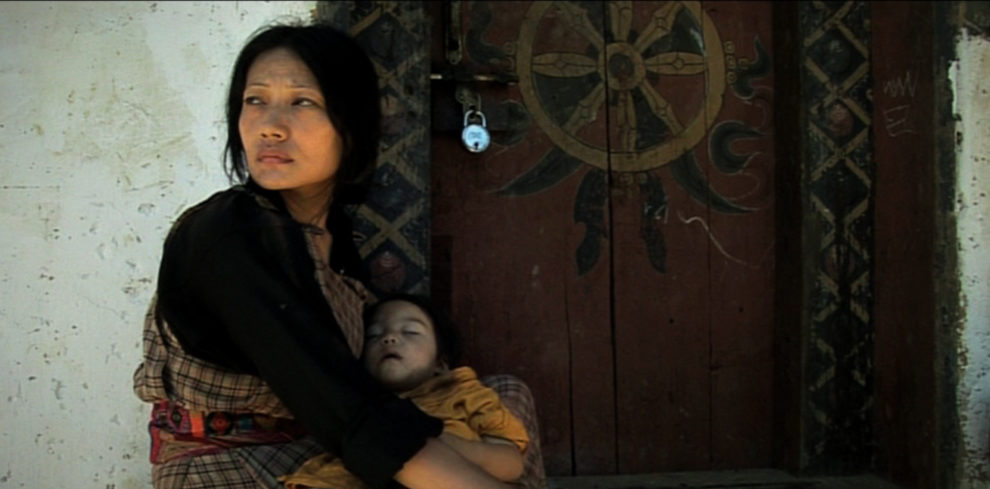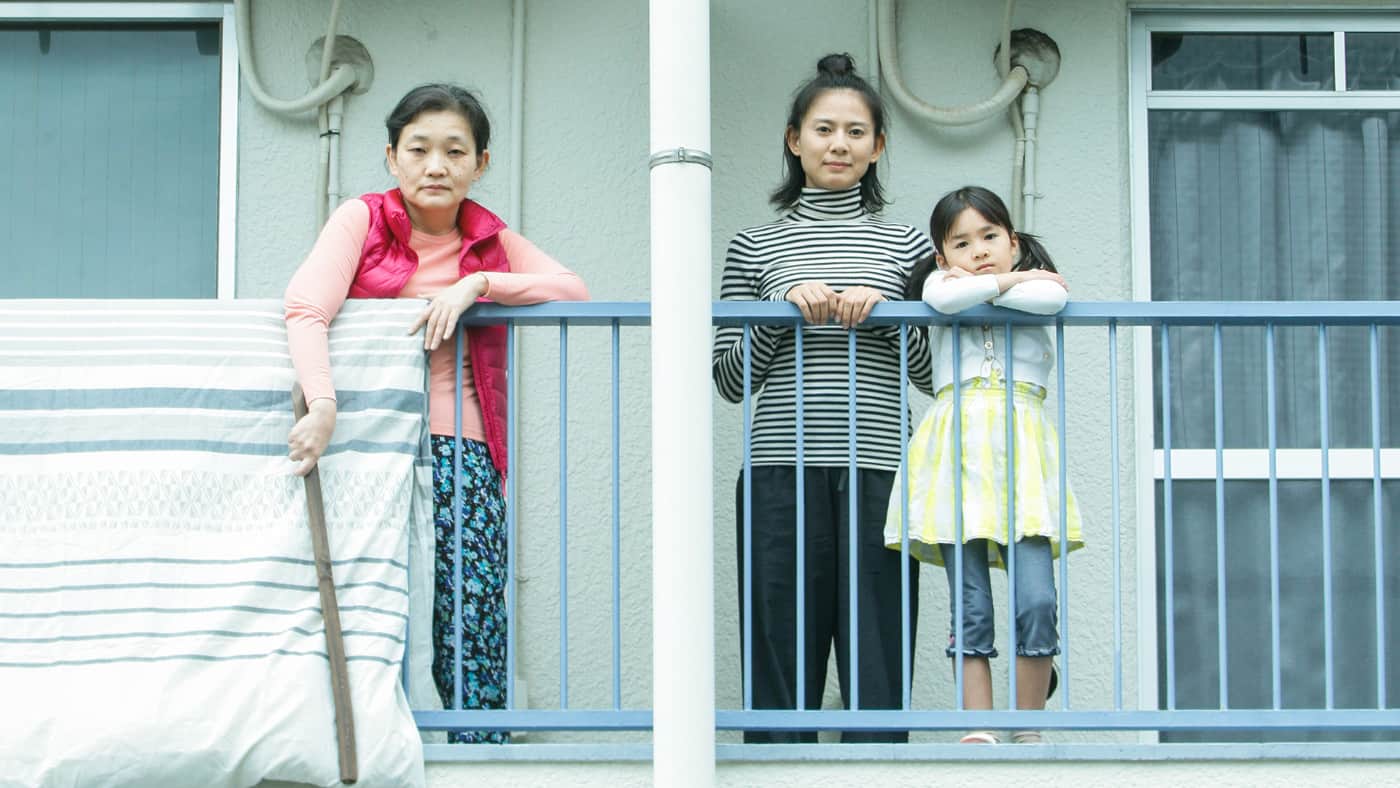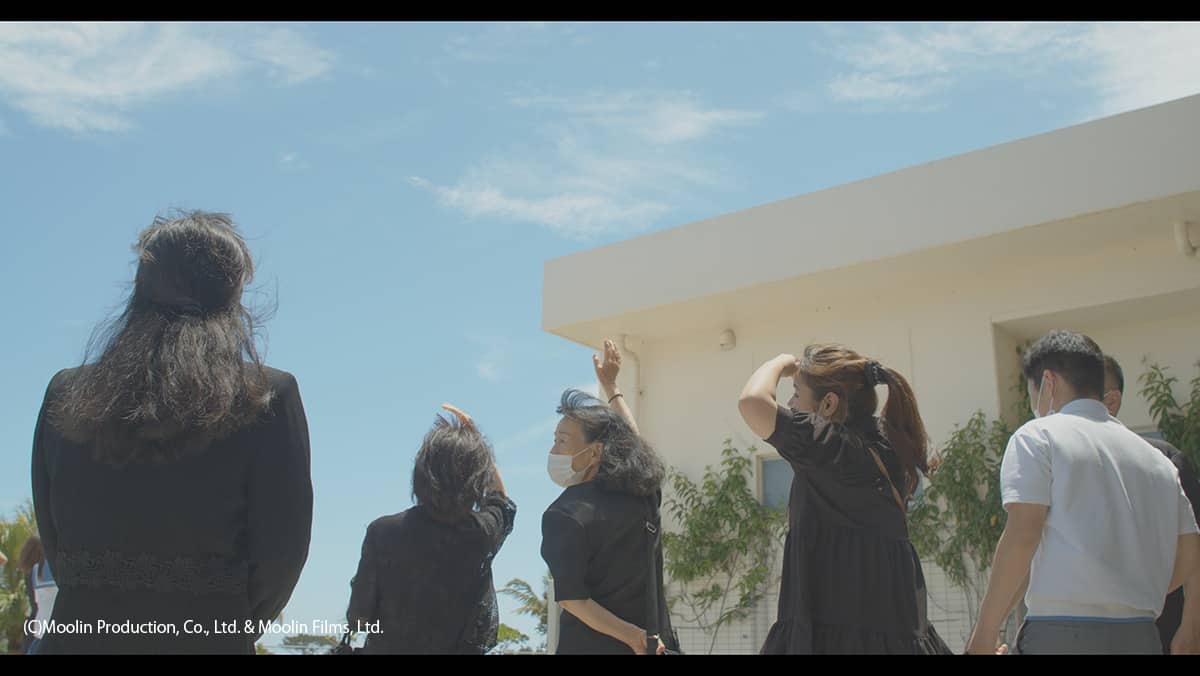Inspired from a similar story from his relative's experience, Jamyang Dorji's “The Container” is also one of the first Bhutanese short films to have screened internationally, including a nomination for Best Short in the Brussels International Independent Film Festival in 2011.
The Container is streaming on Beskop

Set in 1978, the film revolves around a mother, whose extreme poorness comes knocking at the door when her baby is sick. Already alerted by a monk upon the baby's birth that it will be sickly, a rather worried Choeki takes the five-hour trip to the doctor's, who informs her that the baby is suffering from measles. The government provides medicine for free, but the pharmacy asks for a container to put the liquid in. Choeki does not have one, and proceeds on walking around the area in an effort to find or buy one. The local convenience store owner tells her that she needs to buy a full bottle of apple juice to get the container, but Choeki cannot afford it. As her desperation grows, she tries to pawn the only valuable thing in her possession, a rare stone she wears around her neck, but the owner tries to exploit her. Eventually, she ends up in a local monastery.
Jamyang Dorji directs a short that with many road movie elements, in order to make a number of sociophilosophical comments. The fact that a percentage of Bhutanese population lives below poverty (at least in 2011) is the most obvious one, with the overall financial situation of Choeki highlighting the fact. The disparity between the people who live in the remote areas and the ones who live in the more central ones is subtly portrayed through a scene where some local kids are breaking bottles in a game, while Choeki desperately tries to find one to get the medicine for her baby.
That the government helps (doctor's visit and medicine is free) but still has a long way until it becomes a fully providing institution is presented through the whole concept of the lack of container, that also seems to highlight that Bhutan is an underdeveloped country, a concept that actually derives from the whole film. The role merchants play in the society is probably the most point one, with the store owner presented in the darkest colors, as completely indifferent to Choeki's pain and even exploitative in her second visit. Lastly, that religion provides solace even in the most desperate times, becomes the most eloquent remark in the film.
The overall comments may be somewhat too obvious in their purpose (merchants bad, monks good) but the way they are juxtaposed in the narrative is intriguing, particularly in combination with the road movie base. Visually, Sonam Loday's cinematography moves in a style pretty closely to that of the documentary, with intense realism being the main focus here. Heidi Kenessey's editing helps the story move on in a very fitting pace, with the flashbacks being well-timed and the episodic nature of the movie well-presented.
“The Container” is not impressive or great, and the lack of budget becomes obvious from the beginning. However, it is easy to watch, its comments well presented, and in general, a very interesting short, particularly due to the way it presents life in the 2011 Bhutan.















